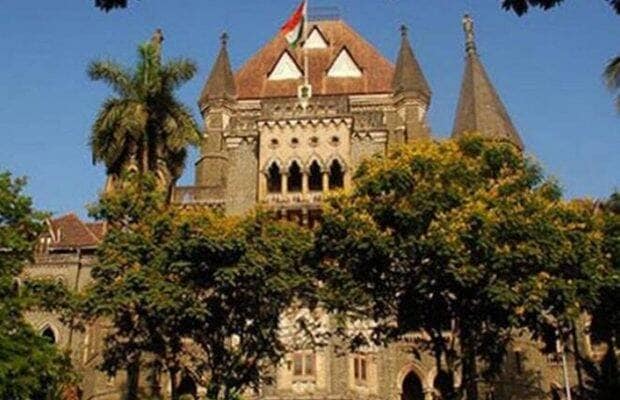The Bombay High Court on Thursday set aside the death sentence of three men convicted in the Shakti Mills gangrape case and sent them to life imprisonment.
The trio, through their lawyer, had told the high court the death sentence violated their fundamental right to life guaranteed under Article 21 of the Constitution.
The convicts, Vijay Jadhav, Kasim Bengali and Salim Ansari, represented by senior counsel Yug Chaudhry, argued that the death sentence awarded to them was wrong in law since there existed an “enormous difference between the harm caused” by them and “the punishment” mated out to them.
A 22-year-old photo-journalist had complained of gang-rape in August 2013, at the defunct mill compound by five persons, including a minor. A 19-year-old telephone operator too registered a crime, alleging gang rape at the same compound. The accused were mostly the same.
In April 2014, a sessions court in Mumbai held five persons guilty in the August 2013 gang-rape case in Mumbai, which had caused a national outrage. One of them, Siraj Khan, was sentenced to life imprisonment, while a second accused, a minor, was sent to a correctional facility.
Jadhav, Bengali, and Ansari were sentenced to death under the then newly introduced section 376 (E) of the IPC since the three had also been convicted in a previous case of gang-rape. The three, however, moved the HC soon after their conviction, challenging the constitutional validity of the law under which they were sentenced to death for a repeat offence.
The petitioners challenged the sessions court order allowing the prosecution to invoke section 376 (E) of the IPC when the trial was already underway. They also challenged the constitutional validity of this section, brought in by the Union government after the infamous 2012 Delhi gang-rape case.
In March 2013, the Centre amended the rape laws in the country, introducing several stringent provisions, including section 376 (E).

